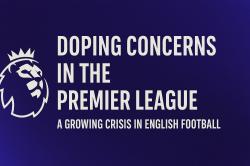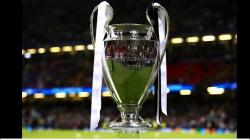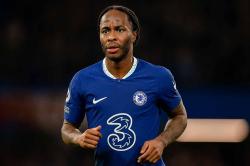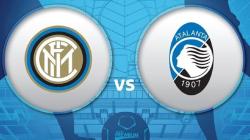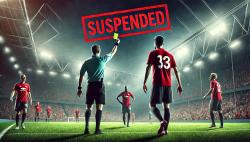UEFA Fines Rangers FC Suspends Stadium Closure for Racism
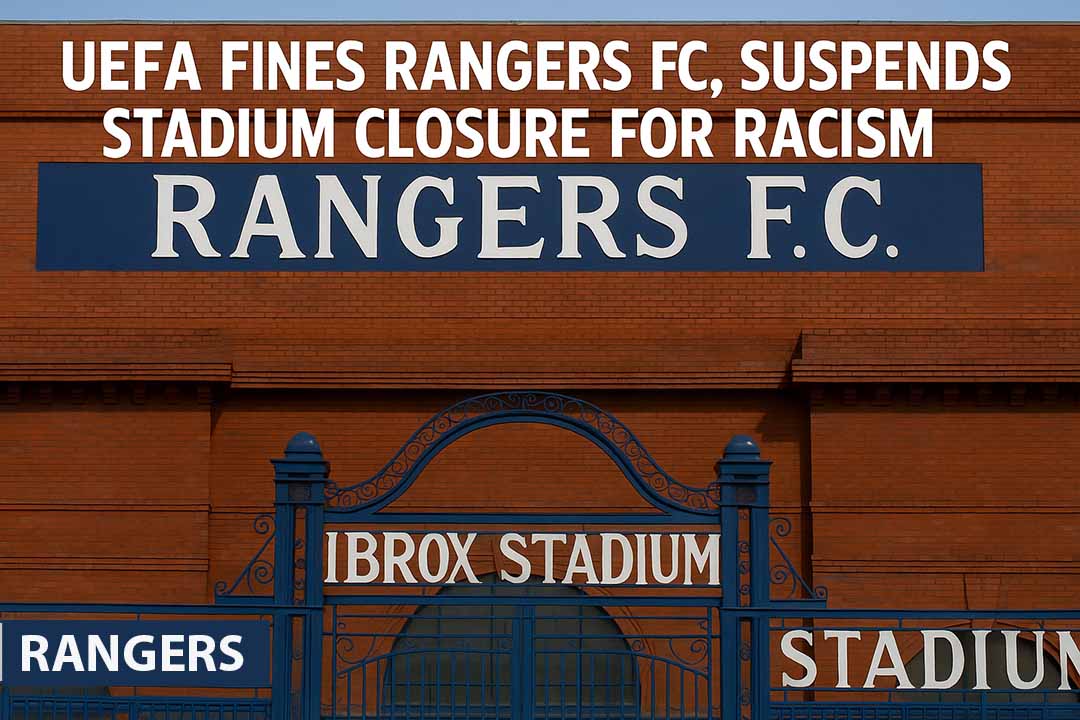
Rangers FC, a well-known football club in Scotland, faced criticism. A racist banner appeared during their Europa League match against Fenerbahce. UEFA imposed a fine of €30,000 on the club without delay. They also suspended part of the stadium closure. The goal of these actions is clear: to send a strong message that racism has no place in football. Let’s take a closer look at what happened, how UEFA responded, and what this means for the future of the game.
A Dark Moment in European Football
Rangers FC’s Europa League match with Fenerbahce should have been thrilling. Instead, it became the center of controversy when some fans displayed a racist banner. UEFA did not hesitate to take action, imposing a €30,000 fine and a suspended stadium closure. Football, a game loved by millions, can’t tolerate this kind of behavior. UEFA’s decision shows they are serious about stopping racism in sports. Discrimination has no place, whether on the field or off.
What Happened During the Match?
The incident took place during the Europa League clash between Rangers FC and Fenerbahce in 2025. As the match went on, some fans in the Rangers FC section displayed a racist banner. The sight of it shocked everyone in the stadium, from players to supporters. The team and fans quickly condemned the action. UEFA was quick to respond, launching an investigation into the matter. UEFA reviewed the footage and reports. They decided to fine Rangers FC €30,000. They also issued a suspended stadium closure.
The incident was a painful reminder of how racism continues to be a problem in football. Even with progress over the years, these actions still occur. Football groups like UEFA are working hard to fight back.
UEFA’s Response: €30,000 Fine and Suspended Stadium Closure
In their decision, UEFA didn’t just issue a fine. They also imposed a suspended partial stadium closure. What does that mean? It means that if another racist incident happens soon, parts of Rangers FC’s stadium will be closed for upcoming matches. UEFA wanted to send a clear message: behave or face consequences. The €30,000 fine isn’t small. It reminds clubs that acting irresponsibly has a financial cost.
For Rangers FC, this is a wake-up call. They got a chance to fix the problem and stop it from happening again. If they fail to do so, the suspended stadium closure will become a reality.
How Did Rangers FC Respond?
Rangers FC wasted no time in responding to the incident. They released a statement against the fans' racist actions. They also confirmed their zero-tolerance policy on any discrimination. The club said they will ban anyone with the racist banner from future matches. Rangers FC wants to demonstrate their commitment to addressing the issue head-on.
The club also promised to work harder to teach fans about racism and discrimination. They are partnering with anti-racism groups. This helps their supporters see why this behavior is wrong. It also shows them how to build a more inclusive football environment.
UEFA’s Fight Against Racism in Football
UEFA has long been an advocate for fighting racism in football. Their “Say No to Racism” campaign shows the group's ongoing work for equality and respect. UEFA is serious about racism. They issue penalties, like fines and stadium closures, to show this. No form of racism will go unpunished.
However, the responsibility lies with UEFA as well as others. Football clubs, players, and fans must also do their part in combating racism. It's about making a space where everyone feels welcome and respected, no matter their race or background.
Why Is Racism Still an Issue in Football?
Unfortunately, racism is still a problem in football. It happens at all levels of the game, from the professional leagues to local matches. The problem is not in the stands, but also on social media, where players and fans can face abuse. Racism has been a long-standing problem. High-profile incidents often highlight this issue and draw attention to it.
Despite these challenges, there are signs of progress. Many clubs and football bodies, like UEFA, are standing firm against racism. Players are speaking out, and fans are coming together to call for change. But there’s still a long way to go. Everyone in the game must keep pushing for a future without racism in football.
WATCH UEFA CHAMPIONS LEAGUE LIVE ON FOOTYBITE
Catch the latest matches and exciting moments from the UEFA Champions League. You can watch the UEFA Champions League live on FootyBite for exciting football action!
FAQs
Why did UEFA fine Rangers FC?
UEFA fined Rangers FC €30,000. Some fans displayed a racist banner during a Europa League match against Fenerbahçe. This caused the incident. UEFA is serious about these incidents. They issued the fine as part of their discipline.
What does a suspended stadium closure mean?
It serves as a warning to the club that they need to take action to prevent this behavior.
How is UEFA fighting racism in football?
UEFA is fighting racism with initiatives like the “Say No to Racism” campaign. They penalize clubs if their fans act in a racist way. They also work with clubs to teach about inclusion and diversity.
What is Rangers FC doing to address racism?
Rangers FC condemned fans who displayed a racist banner. They announced lifetime bans for those people. The club dedicates itself to teaching fans about the value of diversity and inclusion.
What are the consequences of racism in football?
Racism in football can lead to fines, stadium closures, and bans. UEFA and other football groups express strong opposition to racism. They dedicate themselves to making football safe and welcoming for all.
Conclusion
Racism in football is a big problem. UEFA's actions against Rangers FC show they are serious about fighting it. The fine and the suspended stadium closure are good steps forward. But they are just part of the solution.
Rangers FC’s quick response shows they are taking responsibility, but the work isn’t over. Football clubs, players, and fans need to join forces. Together, they can build a space where racism is not accepted. Everyone should feel welcome. With effort from everyone, football can be a sport of inclusivity and respect.


